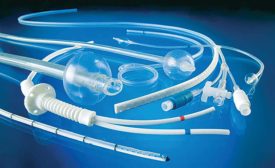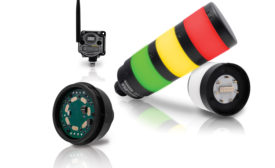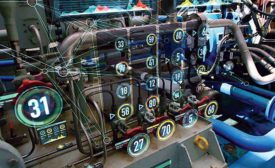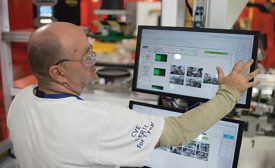Home » Industry 4.0
Articles Tagged with ''Industry 4.0''
Medical Device Manufacturers Require Tighter Leak Test Requirements
Tighter leak rate requirements are driving demand for smarter equipment in medical device manufacturing.
May 1, 2018
Harness Assemblers Benefit From IIoT
The Industrial Internet of Things improves data collection and traceability
January 12, 2018
Translating Manufacturing Data for the IIoT
An MES gateway appliance translates, rather than transfers, production line data for secure and reliable exchange with IT databases.
January 9, 2018
What Is IO-Link?
New technology enables sensors and actuators to become smarter.
December 14, 2017
Manufacturing Execution Systems Meet the Cloud
MES are essential to digital production initiatives.
November 9, 2017
Assembly Automation
What IIoT Means for Manufacturing: How the Industrial Internet of Things Can Enhance Efficiencies Throughout the Factory
June 16, 2017
GE ‘Predix’ the Future of Manufacturing
General Electric’s ‘Brilliant Factory’ initiative is driving a new era of production.
March 29, 2017
Faurecia’s Factory of the Future
A state-of-the-art plant in Columbus, IN, is a showcase for Industry 4.0 technology.
March 1, 2017
Never miss the latest news and trends driving the manufacturing industry
Stay in the know on the latest assembly trends.
JOIN TODAY!Copyright ©2025. All Rights Reserved BNP Media.
Design, CMS, Hosting & Web Development :: ePublishing











